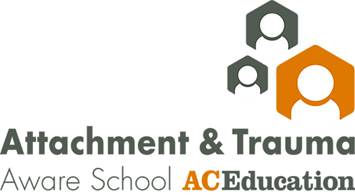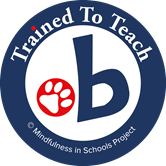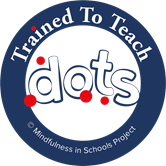English
Intent
Our English curriculum has been developed in line with our whole school curriculum intent to deliver a broad, relevant and engaging curriculum, bespoke to each child and catering to the unique needs and challenges of our students, all of whom have an EHCP.
Our English curriculum is designed to be flexible and personalised, taking into account the diverse needs of our students with English skills of reading, writing and spoken language being the bedrock throughout. Our English curriculum is carefully sequenced, ensuring that children can build upon prior learning. It is flexible and accessible for our learners – teachers are able to use adaptive planning to meet the needs of the children and lessons can be scaffolded as much as is necessary. The lessons use clear explanations, modelling and frequent checks for understanding, with a focus on securing small steps to build confidence. Texts are broad and diverse – allowing children to experience poetry, traditional tales, fiction and non-fiction texts such as autobiographies.
Our commitment is to ensure that all students, regardless of their starting point, leave Educate U with outcomes that reflect the best of their ability. Our aim is for every child to leave us with a recognised qualification to give them the very best opportunities in their chosen pathway for further education, training and employment.
Implementation
Our formal curriculum is aligned to national curriculum standards and provides a well-rounded English education to all our children. Teachers are supported by the English subject lead; the subject lead ensures that all lessons are planned to be accessible and engaging for our children with SEND. Reasonable adjustments are made to ensure that all children can access the English curriculum but also that there is challenge for those who are more able. Class teachers adapt the lessons according to the needs and abilities of the children in their classes, ensuring that a range of learning styles/activities are utilised during lessons.
We focus specifically on skill building in three key areas of English: Reading; Writing and Speaking and Listening. With these foundational areas being the key focus during our English lessons and linked to our topic-based lessons in the semi-formal curriculum too. Teachers use adaptive teaching to provide the children with skills they need to succeed in English and in their wider learning. These skills will be the foundation for their progression through the English Functional Skills curriculum and allow them to aspire towards English Language GCSE and beyond.
Reading is taught throughout our schemes of work with a range of texts being encountered, including fiction and non-fiction texts, autobiographies and poetry, which allow the children to develop their comprehension skills and understanding of different literary styles and contexts. In addition to specific teaching of reading skills, children engage in DEAR routinely to foster a love of reading.
Writing skills are developed across various formats and subjects, encouraging children to articulate their ideas clearly and creatively. Our curriculum supports the children to find their unique voice, boosting their confidence and ability to express themselves effectively. Children are assisted to understand how to adapt their writing based upon audience and purpose.
Speaking and Listening skills are developed through the cultivation of strong oral communication skills, ensuring students become adept at expressing their thoughts and engaging with others' ideas. Children develop the ability to give explanations, to discuss, interject, ask questions, share opinions and adapt contributions based on audience. There are frequent opportunities for discussion and speaking practise throughout the formal curriculum and also in functional skills.
Impact
Following initial baseline assessments for new intake children, staff record internal data to monitor progress for pupil progress throughout each term for English. Expected progress will differ from child to child according to ability and need. Teachers assess progress using our ‘I can’ statements, which have been carefully created using key skills from the national curriculum, as well as functional skills and GCSE English language assessment objectives. Children complete baseline assessments in Y9, which inform the pathway that is most appropriate for them – whether it be functional skills if they are ready or GCSE English. Our impact can be linked to performance and the uptick in achieved grades.
Our children experience a supportive and adaptive English curriculum which identifies gaps in their knowledge and skills, meets them at their current level and uses regular assessment to inform planning and future learning. This allows the children to feel supported and that the work set for them is achievable and enables them to see their own progress and feel proud of their achievements.
English is pivotal to the children’s progress in many other areas of the curriculum and as such, the impact of their accomplishments in this subject can directly improve their academic success in general. Our focus on the three key areas of English (reading, writing and speaking and listening) allow the children to progress at different speeds in the areas, depending on their individual needs. This personalised approach allows teachers to focus on key areas and to support each child to reach their full potential. Overall, our targeted approach guarantees that all children, regardless of their initial proficiency, experience significant improvement in their English skills during their time with us – preparing them for further learning and the world of work.








